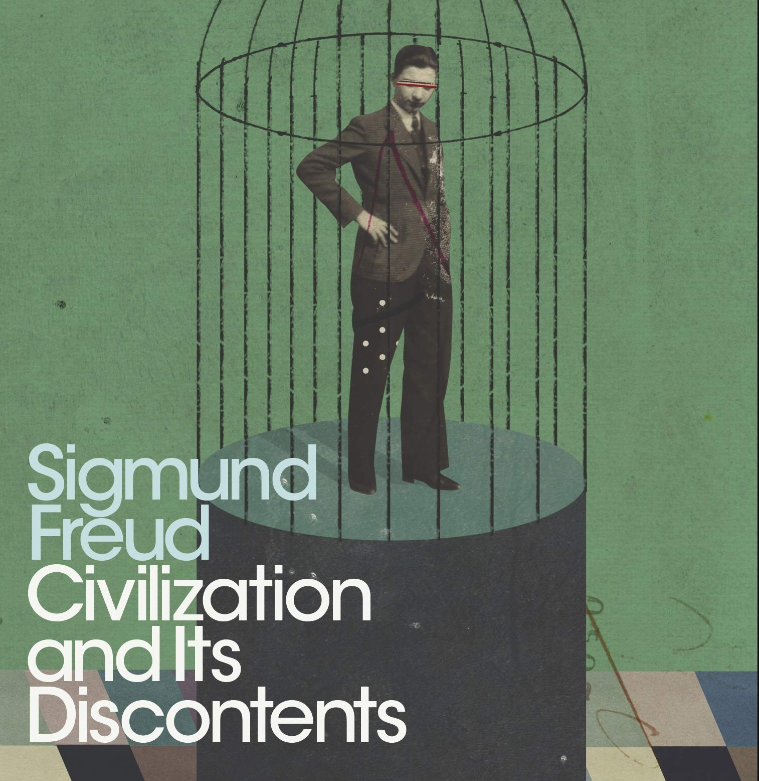Civilization and its Discontents

In Sigmund Freud’s Civilization and its Discontents (1930), the famous pioneer of psychoanalysis reflects on the pleasure of long-distance communications by telephone or telegraph, but notes that this is only necessary because of long-distance travel and suggests “our present-day civilization does not inspire in us a feeling of wellbeing”.
[Is] it not then a positive pleasure, an unequivocal gain in happiness, to be able to hear, whenever I like, the voice of a child living hundreds of miles away, or to know directly a friend of mine arrives at his destination that he has come well and safely through the long and troublesome voyage? [… But] a critical, pessimistic voice makes itself heard […] If there were no railway to make light of distances my child would never have left home and I should not need the telephone to hear his voice. If there were no vessels crossing the ocean my friend would never have embarked on his voyage and I should not need the telegraph to relieve my anxiety about him. […] It seems to be certain that our present-day civilization does not inspire in us a feeling of wellbeing[.]
Sigmund Freud, Civilization and its Discontents (1930)
Shared by Dr Chris Mourant, Lecturer in Early 20th Century English Literature
Research Spotlight

Chris Mourant explores this quote from Freud in relation to the author Katherine Mansfield in his recently published chapter ‘Wired: Katherine Mansfield and the Telephone’ in Katherine Mansfield and London (Edinburgh University Press, 2024)